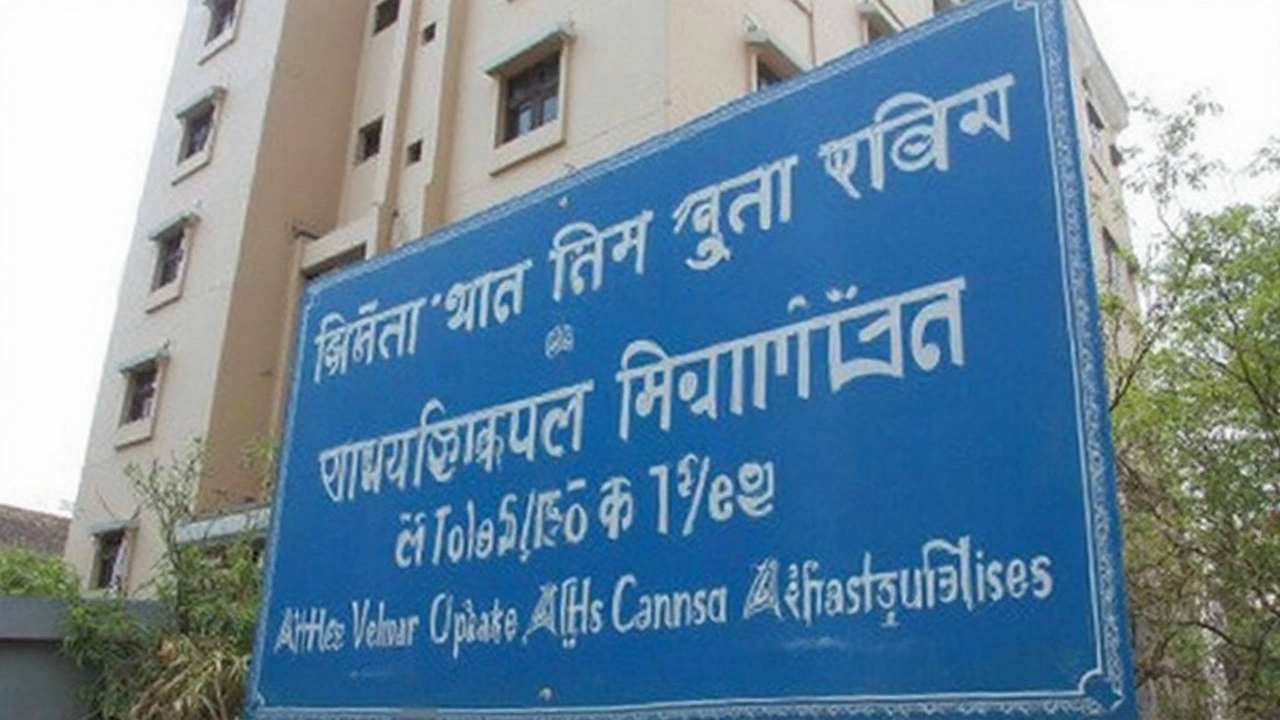Class 12 Board Exams: What You Need to Know
When talking about Class 12 board exams, the final secondary school examinations conducted by state and central education boards in India. Also known as 12th grade exams, they decide college admissions and often shape career paths. Class 12 board exams are a milestone, but the pressure can feel overwhelming unless you break them into manageable parts.
One of the first things to sort out is the syllabus, the official list of topics, chapters, and sub‑units prescribed for each subject. The syllabus encompasses every concept you’ll be tested on, so treating it as a roadmap saves time. For example, the CBSE maths syllabus lists Algebra, Trigonometry, and Statistics as core areas; Physics includes Mechanics, Thermodynamics, and Modern Physics. Knowing the exact scope lets you allocate study hours where they count most.
Once the syllabus is clear, the next step is gathering the right study material, textbooks, reference books, and online resources that explain each topic in detail. Good study material requires alignment with the syllabus, clear explanations, and plenty of practice questions. Many students rely on NCERT books as a base, then supplement with subject‑specific guides like Arihant or Oswaal. Video lessons on platforms such as YouTube or Unacademy also fill gaps when a concept feels stuck.
Practice makes perfect, which is why sample papers, previous years' question papers and model test papers released by the board are indispensable. Solving them influences your speed and accuracy, and shows you the exam pattern up close. Aim to complete at least three full‑length mock tests each week as the exam draws nearer. Analyze every mistake, note recurring question types, and adjust your revision plan accordingly.
All this effort needs a clear timeline, so keep an eye on the exam schedule, the official calendar showing dates for each board exam, result declaration, and counseling sessions. The schedule requires you to slot study blocks, revision weeks, and mock tests around the actual exam dates. For instance, if your Chemistry exam is on March 5th, plan intensive revision from Feb 20th to Feb 28th, leaving a few days for light review right before the test.
Beyond these core entities, other useful tools include time‑management apps, digital planners that help you split study time, set reminders, and track progress. Pairing an app with a printed timetable gives you a visual cue and a digital backup. Also, don’t ignore peer study groups, small circles of classmates who meet to discuss difficult topics and quiz each other. Collaborative learning often uncovers shortcuts and different ways to solve a problem.
With the syllabus mapped, solid study material ready, sample papers in hand, and a firm grip on the exam schedule, you’re set to tackle the Class 12 board exams confidently. Below you’ll find a curated collection of articles, tips, and resources that dive deeper into each of these areas, offering practical advice you can start using today.
